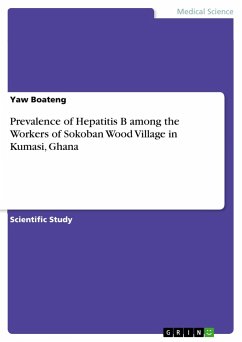Uganda adopted the Village Health Teams (VHTs) strategy in 2001 as an entry point to health interventions at community level. VHT's mobilize community members for better health, foster positive health seeking behavior & reduce geographical inaccessibility by bringing PHC services nearer to the community. Selected by people themselves to deliver basic Health Care services, VHT's promote services that lead to improved child health, maternal Health, HIV/AIDS, malaria control & improved sanitation. Although World Bank studies showed that, low income countries are unlikely to attain MDGs by 2015, Uganda's VHT's strategy seems to have changed this thinking. Studies in Kabarole showed that, VHT's promoted immunization 90%, Child Health Days 81% mobilized pregnant mothers for ANC 89%, mobilized mothers to deliver in health facilities 79%, promoted HIV testing services 83%, & good sanitation 63%. VHT strategy hence becomes Uganda's most cost effective strategy to the attainment of Health MDG's (4, 5, 6 and 7). This evidence based book therefore, serves to motivate policy makers in developing countries to adopt Uganda's VHT strategy so as to meet the 2000 UN summit resolutions by 2015.








